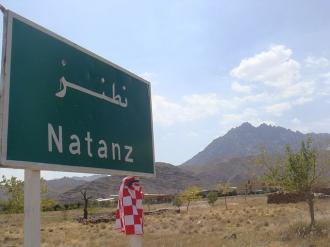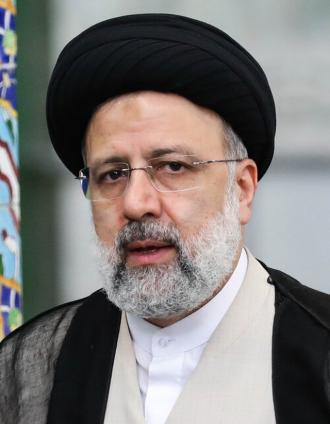Korach the son of Izhar, the son of Kehath, the son of Levi took [himself to one side] along with Dathan and Abiram, the sons of Eliab, and On the son of Peleth, descendants of Reuben. They confronted Moses together with two hundred and fifty men from the children of Israel, chieftains of the congregation, representatives of the assembly, men of repute. They assembled against Moses and Aaron, and said to them, "You take too much upon yourselves, for the entire congregation are all holy, and the Lord is in their midst. So why do you raise yourselves above the Lord's assembly? (Bamidbar 16:1-3)
No matter how many times we learn this episode it remains difficult to comprehend. We remain puzzled by Korach’s behavior. How could Korach accuse Moshe of selfish power-grabbing when Moshe was the paradigmatic embodiment of selflessness devotion to the nation. What was Korach’s issue? Why was he so angry and outraged at Moshe? What was it that led him to lead this rebellion which ended so tragically?
Korach’s entire rebellion rested on one concept, Kulanu Kedoshim, we are all holy. Rashi explains that Korach said to Moshe, “We all heard God speak to us as Sinai. We all heard God declare His unique and singular relationship to us and us to Him. We are all equally holy and therefore, you have no right to lord over us and maintain an unshakeable grip on the reigns of leadership.” It is interesting to note that Korach felt that he (and the nation) was holy because they “heard” God. Hearing is a passive act. The listener must simply remain attentive and absorb the stated message. Korach thought that Kidusha, sanctity was conferred. All you have to do is remain at attention and it is yours for the taking. But he was wrong – Kidusha, holiness must be earned. Holiness is a state than can only be reached after man has expended incredible amounts of effort. Holiness is the culmination of dynamic, dramatic and sustained life activity. The nature and depth of my relationship with God, Torah and Mitzvos is directly related to the amount of effort I am willing to put in. A life of holiness is a life filled with work and effort. Hearing God does not make you holy – serving Him does.
Rashi continues and explains that Korach saw prophetically that he was to have a descendant as great as Moshe and Aharon. In this respect he was correct – Korach’s great-grandson was the prophet Shmuel. How did Shmuel actualize his greatness? The Navi states, “And Samuel judged Israel all the days of his life. And from year to year, he would set forth, and go around to Bethel, and Gilgal, and Mizpah, and he would judge Israel in all these places. And his return was to Ramah, for there was his house, and there he judged Israel, and he built there an altar to the Lord (Shmuel I 7:15-17).” Shmuel was the prophet and the judge. It was his sacred mission to uplift and inspire the people. It was his responsibility to facilitate the growth of his nation. He didn’t wait for the people to come to him, he went to the people. He spent the entire year travelling throughout the land on a mission of inspiration and spiritual repair. He helped the people settle their disputes and create shalom, peace within their ranks. He invested incredible amounts of effort and hard work in order to create an atmosphere of holiness and spiritual devotion. Shmuel understood what his grandfather, Korach did not. It is true, Kulanu Kedoshim, we are all holy; but that holiness is only actualized through hard work and incredible effort.
Rabbi Yitzchak said, if a person will say to you, I toiled but did not find results, do not believe him. If a man says to you, I didn’t toil but found results, do not believe him. But if a person says to you, I toiled and I found results (ya’gati u’matzasi) – believe him (Talmud, Megillah 6b).” We live in a society of instant gratification. We want to be successful and we want it now. We want holiness and we want it now. We want a meaningful, fulfilling and blissful marriage and we want it now. Am I not entitled? Was my soul not present at Mount Sinai? Am I not holy and worth enough? Too often, we approach life situations from a perspective of entitlement - like Korach. The important things in life can only be acquired through incredible work and toil. We must always remember that beautiful, meaningful and holy results require magnificent, di















